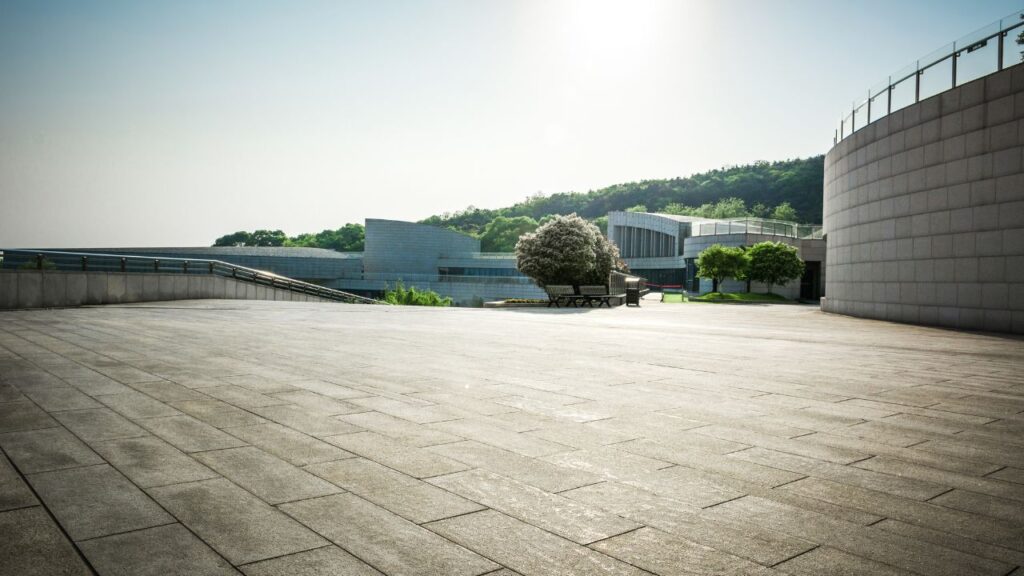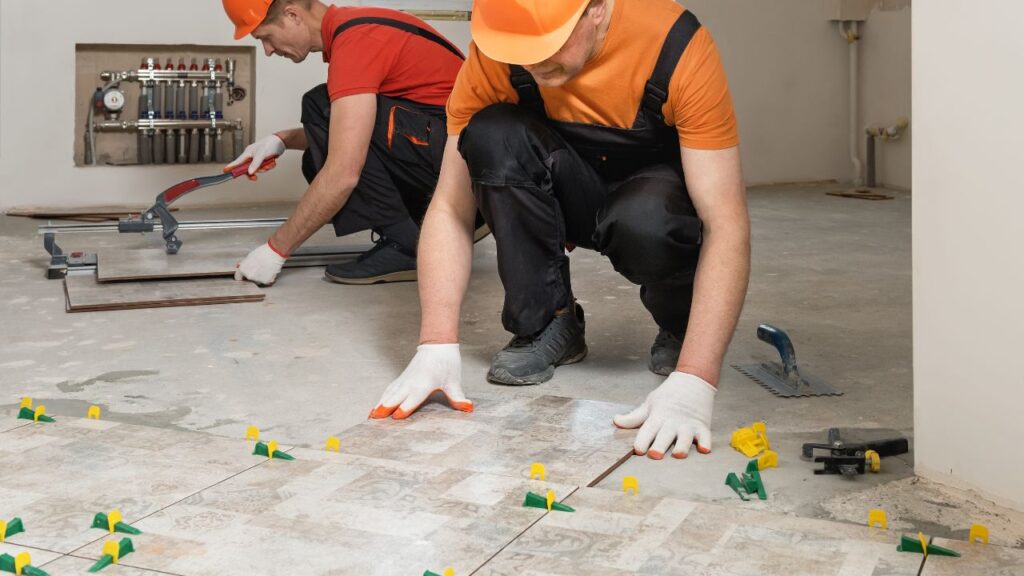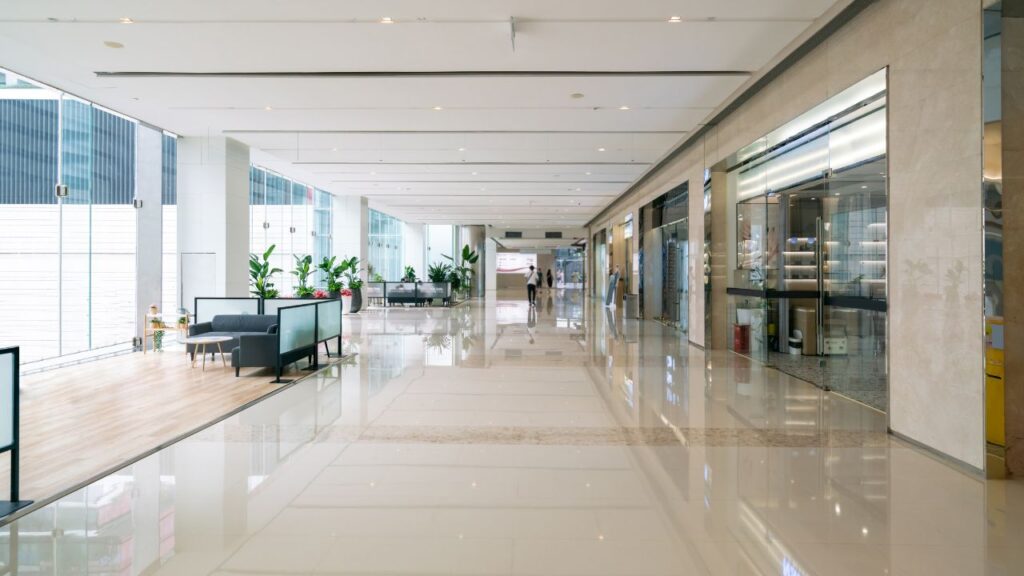Flooring Cost Estimator
Estimate Florida Consulting boasts a team of skilled estimators dedicated to delivering professional residential and commercial flooring estimating services.

In the world of home improvement, few projects can make as dramatic a difference as reflooring. Whether you’re renovating your living space or preparing to sell your home, replacing the flooring can breathe new life into any room. However, before you embark on this endeavor, you’re likely wondering how much it will cost to refloor 1000 square feet. In this comprehensive guide, we’ll break down the various factors that influence the cost of reflooring and provide you with a clear understanding of what to expect.

When it comes to flooring, there are several essential factors to consider before making any decisions. Your choice of flooring material, labor costs, and additional expenses can all impact the overall cost of your flooring project. Taking the time to understand these key aspects can help you make informed choices and plan your budget effectively.
Before delving into the cost, it’s crucial to choose the type of flooring material that suits your needs and preferences. Here’s a closer look at some common flooring options:
Flooring Cost Estimator
Estimate Florida Consulting boasts a team of skilled estimators dedicated to delivering professional residential and commercial flooring estimating services.

In addition to the cost of materials, you’ll need to consider the cost of labor. Hiring professional installers can significantly affect your overall expenses. Labor costs depend on several factors:
Don’t forget to factor in additional expenses that can contribute to the overall cost of your flooring project:

Ensure that the removal process is done carefully to avoid damage to the subfloor or surrounding structures.
As you embark on your flooring project, it’s crucial to have a comprehensive understanding of the cost breakdown. This includes considering not only the prices of various flooring materials but also the associated labor and additional costs involved. Let’s dive deeper into these aspects:
Hardwood flooring is renowned for its timeless beauty and durability, but it often falls on the higher end of the price spectrum. The cost of hardwood materials can vary significantly based on several factors:
Wood Species: Exotic woods like Brazilian cherry or teak can be quite expensive, with prices ranging from $15 to $35+ per square foot. Domestic hardwoods such as oak and maple are often more budget-friendly, typically priced between $8 and $20+ per square foot.
Finish and Grade: The choice of finish (e.g., matte, semi-gloss, or high-gloss) and wood grade (e.g., select, common) can also influence the cost.
Laminate flooring is a cost-effective alternative to hardwood and provides a wide range of style options. The cost of laminate materials is typically more budget-friendly, ranging from:
Carpeting offers comfort and warmth underfoot, and its cost varies depending on several factors:
Ceramic and porcelain tiles offer durability and versatility in design, but their cost varies widely based on several factors:
Vinyl flooring is often the most budget-friendly choice, making it an attractive option for cost-conscious homeowners. The cost of vinyl materials typically starts at:
When planning a flooring project for your home, it’s essential to have a clear understanding of the total cost involved. The final expenses can vary significantly depending on various factors such as the type of flooring material you choose, the size of the area you want to cover, labor costs, and the quality of materials. Here, we provide more detailed cost estimates for different flooring options for a 1000-square-foot area:
Hardwood flooring is known for its durability and timeless beauty, but it often comes at a higher price point. For a 1000-square-foot area with hardwood flooring, the total cost may range from $11,000 to $25,000 or more. This wide range in cost is due to several factors:
Laminate flooring is a cost-effective alternative to hardwood that can mimic the look of wood, tile, or stone. For a 1000-square-foot area, opting for laminate flooring can bring the total cost down to a range of $3,000 to $15,000 or more. The factors influencing the cost of laminate flooring include:
Carpeting is known for its comfort and warmth, making it a popular choice for bedrooms and living areas. For a 1000-square-foot area, choosing carpeting may result in a total cost of $1,000 to $10,000 or more. Here’s what can affect the cost of carpet installation:
Tile flooring offers durability and versatility, suitable for various spaces in your home. For a 1000-square-foot area, the total cost of tile flooring might range from $1,000 to $25,000 or more. Several factors influence the cost:
Vinyl flooring is a budget-friendly option that can mimic the look of hardwood, tile, or stone. For a 1000-square-foot area, the total cost might range from $1,000 to $5,000 or more. Factors affecting vinyl flooring costs include:
When planning your flooring project, it’s essential to consider a multitude of factors that can significantly impact the overall costs. Here, we delve into these key elements in more detail to provide you with a comprehensive understanding of how they influence the expenses associated with your flooring installation:
The layout of the room is a critical determinant of flooring costs. Rooms with irregular angles, intricate shapes, or challenging layouts may necessitate additional labor and expertise. In such cases, the installation process becomes more time-consuming and demanding due to the need for precise custom cuts. Contractors often charge extra for the craftsmanship required to ensure a seamless installation in spaces with unconventional configurations. Therefore, it’s crucial to assess the intricacy of your room’s layout when budgeting for your flooring project.

Your geographic location can exert a substantial influence on the total cost of your flooring project. Different regions exhibit distinct pricing structures for both flooring materials and installation services. Factors contributing to these regional variations include local supply and demand dynamics, cost of living indices, and even climate conditions. For instance, areas with a higher cost of living tend to have higher labor costs. Additionally, extreme climate conditions might necessitate specialized flooring materials or installation techniques, impacting overall expenses. To obtain a precise understanding of your project’s cost, it’s advisable to solicit quotes and estimates from local contractors who are attuned to the unique cost landscape in your area.
The quality of the flooring materials you select plays a pivotal role in shaping the overall project cost. Generally, higher-quality materials, whether they are hardwood, laminate, carpet, tile, or vinyl, come with a higher price tag. However, they often offer superior durability, enhanced aesthetics, and more extensive warranties. Investing in high-quality flooring materials can translate into long-term savings, as they are less likely to require frequent repairs or replacements. Therefore, while it may represent a larger initial investment, opting for premium materials can yield a more resilient and visually appealing floor, ultimately proving cost-effective in the long run.
To elevate the aesthetic appeal of your flooring, you might contemplate incorporating additional features such as patterns, designs, or inlays. These customizations have the potential to transform your space but typically come at an additional cost. The intricacy and complexity of the chosen design, as well as the materials employed for these features, significantly influence the supplemental expenses. Engaging in open discussions with your flooring contractor about your design preferences and their associated costs is imperative to ensure they align with your budget. Moreover, it allows you to strike a balance between achieving your desired aesthetic and adhering to your financial constraints.
The cost to refloor 1000 square feet varies based on factors such as the type of flooring material, labor costs, and additional expenses. Here are some rough estimates:
These estimates can fluctuate depending on material quality, installation complexity, and other variables.
While DIY installation is an option, it’s essential to have the necessary skills and tools. A poorly executed installation can cost more in the long run to fix. It’s advisable to assess your expertise and the complexity of the project before deciding.
Yes, there are sustainable flooring materials like bamboo, cork, and reclaimed wood that are eco-friendly choices. These materials are sourced responsibly and have minimal environmental impact.
The lifespan of flooring materials varies. Hardwood floors can last for decades, while carpeting may need replacement every 10-15 years. The lifespan depends on material quality, maintenance, and usage.
If you desire a warm and cozy flooring experience, radiant floor heating can be installed under certain flooring types. It’s a luxurious addition that provides comfort, especially in colder climates. Discuss the feasibility and cost with your installer.
The cost of reflooring a 1000-square-foot space is influenced by a multitude of factors, making it a project that requires careful planning and consideration. We’ve explored the various elements that affect the overall cost, including the choice of flooring materials, labor expenses, and additional costs such as underlayment, adhesives, and removal of old flooring. Each type of flooring material comes with its own price range and considerations, from the timeless elegance of hardwood to the budget-friendly versatility of vinyl. The complexity of the installation, room layout, geographic location, material quality, and any additional custom features you desire all play a role in determining the final expenses. It’s crucial to weigh these factors carefully and consult with experienced professionals to ensure your flooring project not only fits your budget but also enhances the beauty and functionality of your living space. By understanding these basics and considering all relevant factors, you can embark on your reflooring journey with confidence and make informed choices that breathe new life into your home.
Here I am going to share some steps to get your flooring cost estimate report.
You can send us your plan on info@estimatorflorida.com
Before starting your project, we send you a quote for your service. That quote will have detailed information about your project. Here you will get information about the size, difficulty, complexity and bid date when determining pricing.
We do flooring cost estimating and prepare a detailed report for your project. At last, you finalize the report and finish the project.



561-530-2845
info@estimatorflorida.com
Address
5245 Wiles Rd Apt 3-102 St. Pete Beach, FL 33073 United States
561-530-2845
info@estimatorflorida.com
Address
5245 Wiles Rd Apt 3-102 St. Pete Beach, FL 33073 United States
All copyright © Reserved | Designed By V Marketing Media | Disclaimer